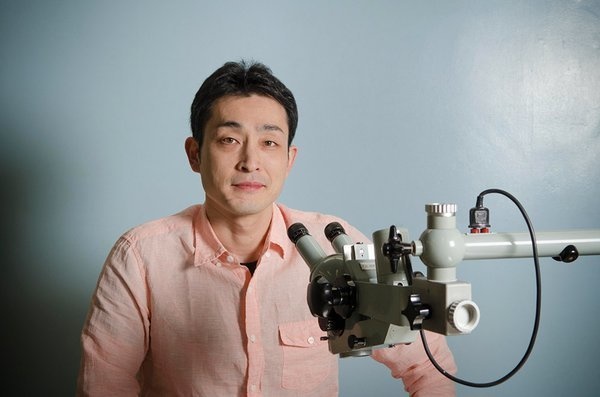Event Location

Fluid homeostasis is a vital function that regulates the balance between water and sodium. When this balance shifts in one direction, the brain detects the changes and triggers appetite to drive water or sodium intake for compensation. Defining the neural logic of these processes is critical for understanding brain function underlying normal and abnormal appetite. Our goal is to understand how the brain processes internal state information and peripheral signals to regulate goal-oriented behaviors. In this Progress in Neuroscience seminar, Yuki Oka will describe neural mechanisms by which the brain regulates appetite toward water and sodium using in vivo optical recording, neural tracing, and manipulation tools in mice. Yuki will also discuss how ingestive behaviors contribute to short- and long-term satiety circuits in the brain.

